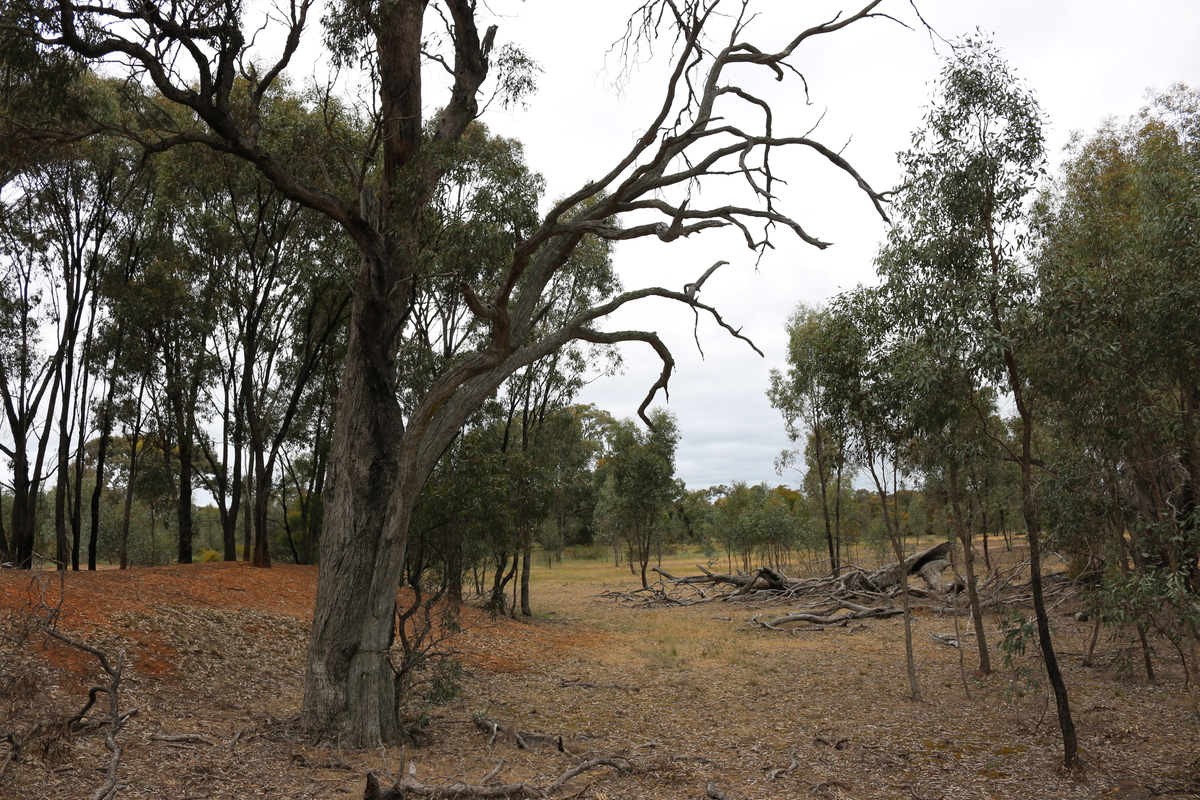Electricity in Australia is dominated by a few major players, most of whom are plugged into fossil fuels. But there’s one little cooperative that’s trying to shake up the game. Bank Australia customer CoPower combines electricity with collective bargaining to put power back where it belongs: in your hands.
Godfrey Moase was inspired to start CoPower after reading Naomi Klein’s climate change best-seller This Changes Everything.
It’s a book about how our economy is basically waging war against the planet. We’ve built these huge global power structures which are driven by profit maximisation, and therefore incapable of considering the impact on communities and the environment.
“CoPower is basically about finding ways to become more democratic and ensure people have more and more of a voice in the energy system,” he says.
This kind of collectivist thinking comes naturally to Godfrey. “My background is a trade unionist and long-time co-operator,” he says. “I realised that the energy transition is as much social as it is technological, and we need to find that missing piece of the puzzle, which is allowing people to meaningfully contribute towards change.”
CoPower works like this. Instead of buying your electricity from major retailers that are heavily dependent on and invested in fossil fuels; you join CoPower, which negotiates cheap, renewable-backed power on your behalf.
It's basically a union for electricity customers. Instead of being one tiny individual, you’re a voting member of an ever-growing community. One member, one vote. And that comes with real power (so to speak).
“So far we have 4000 households who get their electricity through us, plus about 16 or 17 cooperative unions, community groups and NGOs,” Godfrey says. “It really started to snowball after the Powershop selloff.”
.webp)
Godfrey’s referring to online energy retailer Powershop, which was acquired by Shell in 2021.
“We’re a way of democratising the energy sector,” says Godfrey. “That’s what we’re trying to fix: the fact that people are relatively powerless when dealing with large-scale corporations. We think there’s a productive power in democracy, that it can make the transition go quicker, deeper and fairer.”
CoPower supports the Australian government’s GreenPower program – an accredited renewable energy product – and customers can choose to purchase 100%, 50% or 10% GreenPower. CoPower is ranked in the top 5 providers in the Green Electricity Guide by Greenpeace.
Unfortunately this doesn’t necessarily mean that every electron flowing out of your wall socket is ‘renewable’. Electricity retailers in Australia sell power from the ‘grid’, and that grid is made up of clean and fossil-fuel energy. It’s the goal of organisations like CoPower to influence the mix of the grid so we all move beyond fossil fuels. The more people in the collective, the bigger the influence, the faster things start to change.
This unique ownership structure also comes with other perks. During COVID, for example, CoPower was able to offer ‘Solidarity Credits’: members who were struggling financially had their power bills essentially written off, or heavily subsidised, by other members. Godfrey calls it “managing crisis through mutual solidarity”. All the company’s profits flow back to its members in one way or another.
Every year CoPower runs a participatory budget where every customer member has an equal say on where 100% of revenue goes. This includes supporting projects that do good in communities and work towards the cooperatives mission.
.webp)
Highlights include:
- Funding community renewable energy revolving funds including through BREAZE Inc., and the Energy Innovation Co-operative’s Southern C.O.R.E Fund.
- Acting with inter-cooperative solidarity through becoming an inaugural funder of Australia’s first co-operative development fund, The Bunya Fund.
- Making a contribution to the Torres Strait Islander “Our Islands, Our Home” campaign which has set new climate and First Nations justice legal precedent.
- Supporting striking workers and fierce climate organisers through our ongoing solidarity funds.
- Standing up for international climate solidarity through the support of Union Aid Abroad’s Just Transition and climate justice projects in Nepal and the Philippines.
- Helping to fund a Melbourne Pollinator Corridor between the West Gate Bridge Park and the Botanical Gardens.
- Kicking in funding to Friends of the Earth Melbourne's No More Gas campaign to help end household reliance on fossil fuels.
.webp)
“We’re trying to be an ethical option on the market,” Godfrey says. “The market is still deeply flawed, and the electricity that flows into your home is still ultimately entangled in a web of fossil fuel extraction. But the choice you exercise on that market – that really matters. It leads to greater emancipatory possibilities over time.”
Ultimately, Godfrey says the goal is almost to make CoPower redundant. To change the system in Australia so that retailers no longer have a stranglehold on public energy policy: maybe there’s a better, more democratic way of managing our electricity use. Perhaps all it takes is a leap of imagination, and some willingness to be part of something bigger than yourself.
“Each household that switches over to us is like a drop of water that flows into a raging river for change,” says Godrey. “We started off with a couple of drops, and now we're a nice trickling creek. It's making a difference, but there's still a long way to go.”
Curious about using more electricity and less gas? Explore our article on why and how to switch from gas to electricity.
.webp)







